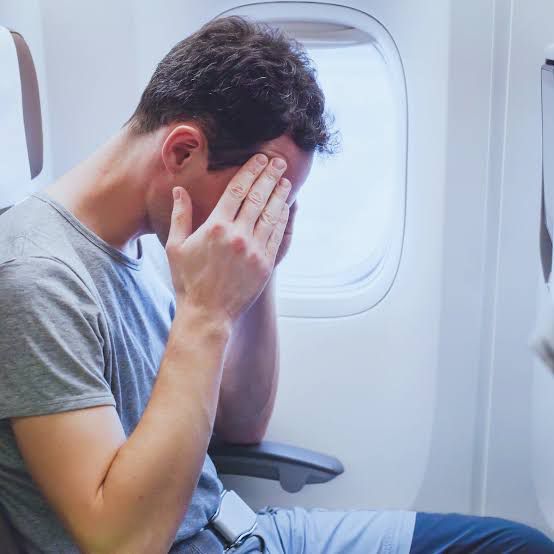What to do when you have motion sickness
Motion sickness is frequently called travel sickness, car sickness or seasickness….

By Aisha Yahaya
Motion sickness is frequently called travel sickness, car sickness or seasickness.
According to the Centers for Disease Control and Prevention, all people with functional vestibular systems can develop motion sickness, even though people vary in their susceptibility.
However, if you have never experienced motion sickness, you are very lucky.
People with motion sickness commonly experience dizziness, headache, nausea, vomiting, yawning, retching, sweating, or a general feeling that something is not right or that they are unwell.
The following are thing to do when you experience any of these without seeking medication:
1- Sit in the front seat or at least next to a window
2- Avoiding reading while traveling in a car, plane, or boat
3- Avoiding spicy, greasy foods or large meals before traveling
4- Focus on something in the distance instead of something inside the vehicle; If possible, be the driver and not a passenger
5- For some people, drinking a beverage with caffeine may help
6- Chew fresh ginger, taking ginger as a tablet, or other ginger preparations (may speed up the rate at which your stomach empties and subsequently help with nausea and vomiting).
